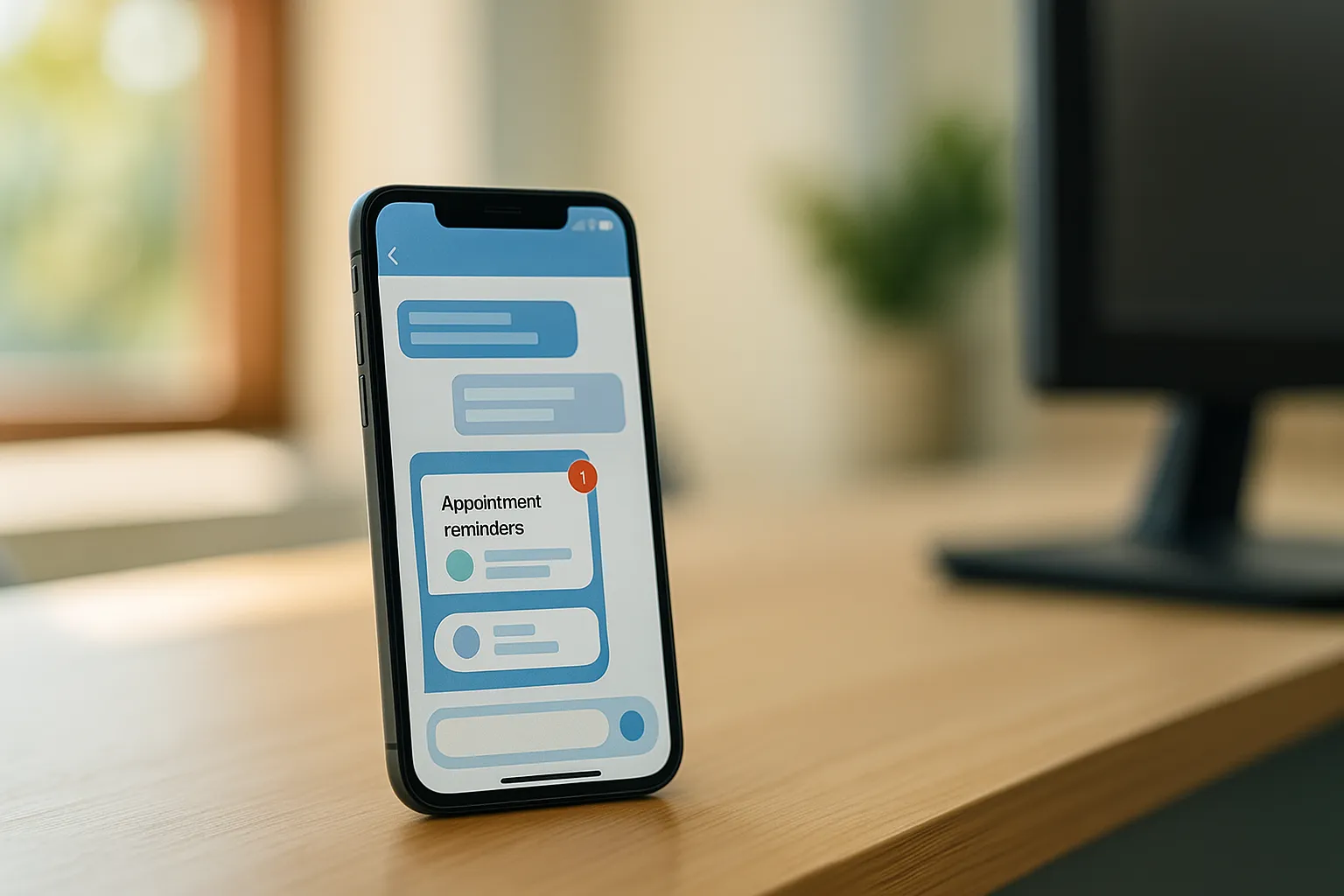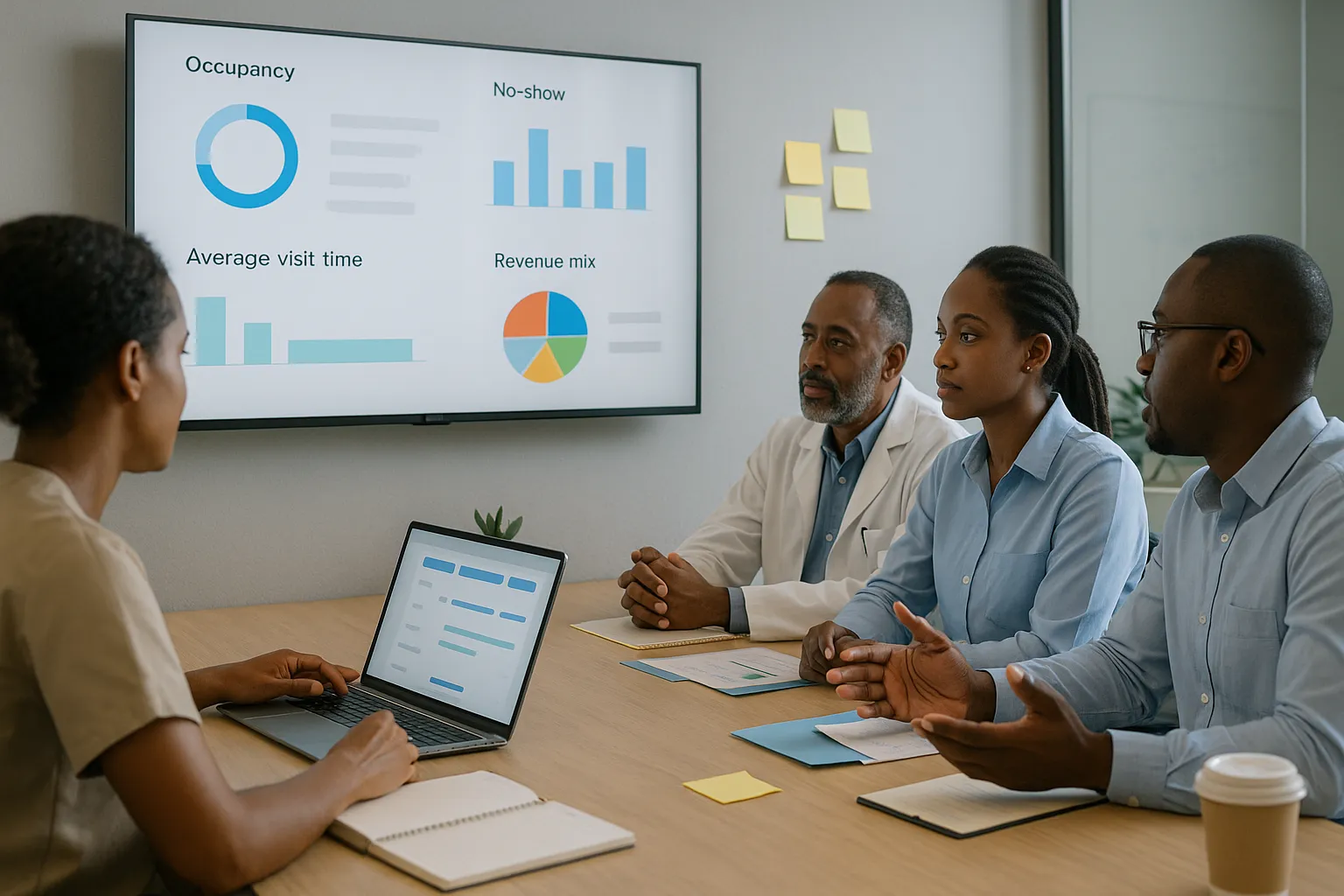
The digital transformation has reached Tanzanian clinics with a clear challenge: grow with predictability, remain compliant, and deliver a human-centered patient experience—while keeping infrastructure, connectivity, and costs aligned to local realities. Choosing the right practice management software is no longer “just IT”; it’s a strategic decision that impacts scheduling, billing, the electronic health record, analytics, and, above all, the patient journey.
When evaluating vendors, healthcare managers look for solutions that provide agility, data security, integrations with day-to-day tools, and support that truly solves problems. In this context, platforms like Ninsaúde Clinic stand out—and are already making a difference in clinics across the country, such as Acts of Life Tanzania, which uses the system to organize operations and elevate care quality. In this article, we cover how clinics in Tanzania choose management software, practical evaluation criteria, and lessons for a smooth implementation.
Before we continue, we need to ask: Are you already familiar with Ninsaúde Clinic? Ninsaúde Clinic is an intelligent software designed to simplify clinical management — combining an agile schedule, legally valid electronic health records, telemedicine, and complete financial control in one platform. Discover how Ninsaúde Clinic transforms daily operations and enhances patient care.

Top Criteria Tanzanian Clinics Prioritize
- Reliability and uptime: operate well with unstable internet, offer local-first/cache behaviors so the front desk doesn’t stall, and remain available during critical hours.
- Security and privacy: role-based access, audit trails, encryption, and clear data-processing agreements.
- Scalability and multi-site: support growth (new providers, specialties, and locations) without starting from scratch.
- Ease of use: concise screens, a frictionless schedule → care → billing flow; short learning curve for front desk and clinical teams.
- Responsive support: real people, extended local business hours, and practical resolution instead of long ticket queues.
- Total cost of ownership (TCO): look beyond the monthly fee—consider migration, training, integrations, and staff time.
With Ninsaúde Clinic, managers commonly highlight the multi-provider schedule, customizable electronic health record (EHR), automated appointment confirmations (WhatsApp/SMS), full financial suite, and API-based integrations—capabilities that cut rework and improve financial predictability.
Essential Features (and Why They Matter)
Smart Multi-Provider Scheduling
Scheduling is the operational heart of the clinic. A smart schedule lets you view all providers by day/week/month, filter by specialty, visit type, and location, and reschedule via drag-and-drop. Procedure-based time blocks prevent overlaps and reserve adequate time for exams, minor procedures, and returns.
In Ninsaúde Clinic, multi-provider views reduce conflicts and streamline demand across sites. Tools like a waitlist and same-day slots help fill idle gaps and offset last-minute cancellations—directly boosting utilization and revenue.

Customizable Electronic Health Record (EHR)
The EHR should adapt to clinical reality—not the other way around. Dynamic fields, specialty templates, forms with automatic calculations (BMI, clinical scores), attachments (DICOM, PDFs, images), and longitudinal history ensure standardization without locking clinicians into rigid workflows.
With Ninsaúde Clinic, teams can clone and adjust templates per provider, keep clinical protocols aligned to local practice, and record notes with legal soundness (digital signatures when applicable). The result: less rework, fewer typing errors, and better continuity of care.
Automated Patient Communications
Confirmations and reminders shouldn’t depend on spreadsheets or memory. Automation via WhatsApp/SMS/email—with rules by appointment type and lead time—reduces no-shows and improves the experience from the very first touchpoint.
In Ninsaúde Clinic, pre-visit (prep instructions) and post-visit (follow-up, satisfaction, recommendations) flows keep patients informed and reduce front-desk friction. Your team focuses on what matters; the system handles the rest.

Integrated Financial Flow (from Payments to P&L)
Without integrated finance, the clinic falls back to spreadsheets. A solid system must support payment methods (card, cash), installments, provider payouts, recurring entries, bank reconciliation, and P&L by location.
With Ninsaúde Pay, Ninsaúde Clinic enables upfront collections (when it makes sense), lowering no-shows and improving cash flow. Consolidated views by period, payer, and procedure type prevent month-end surprises and support decisions like price updates or payer negotiations.
Metrics & BI: Data-Driven Decisions
The right KPIs guide continuous improvement: no-show rate, schedule utilization, average visit time, average ticket, patient return rate, revenue by payer/self-pay, and bad debt.
Ninsaúde Clinic offers built-in reports and an open API for external BI (e.g., Power BI), enabling tailored dashboards. In practice, management moves from gut-feel to goal-driven operations; goals become routines, and routines turn into results.

Open API and Ecosystem Integrations
Modern clinics rarely live inside a single app. An open API ensures connectivity with PACS/RIS, telemedicine, payment gateways, online booking portals, and marketing/CRM tools.
Ninsaúde Clinic avoids “data islands” and reduces duplicate entry, cutting human error. As the clinic grows, integrations scale with it—without duct-tape workarounds.
Security, Auditability, and Data Governance
Healthcare requires confidentiality and traceability. Role-based access, access logs, audit trails, encryption in transit and at rest, plus clear backup and export policies protect both clinic and patient.
In Ninsaúde Clinic, this translates to granular access controls (front desk only sees what it needs), full auditing, and secure export options—so the clinic keeps governance over its data.
Usability and Team Adoption
Feature depth without usability turns into bureaucracy. Clean screens, fewer clicks for tasks done hundreds of times per day, and keyboard shortcuts make a real difference at the front desk.
Ninsaúde Clinic prioritizes the schedule → care → finance flow with minimal friction, plus ready-to-use templates and training materials. Faster learning means a gentler go-live—and higher productivity.
Telemedicine and Mobility (When It Makes Sense)
In regions with difficult travel, embedded teleconsultation and mobile access to the EHR speed up care and expand coverage.
Integrated with Ninsaúde Clinic, the feature keeps a single source of truth in the EHR, avoids duplicates, and maintains patient communications within the ecosystem, including document delivery and instructions.

Spotlight Case: Acts of Life Tanzania
Acts of Life Tanzania adopted Ninsaúde Clinic to organize scheduling, standardize clinical documentation, and centralize finances. With automated confirmations and a customizable EHR, the team eliminated common operational gaps (like information scattered across spreadsheets) and gained visibility into essential indicators. The practical outcome is a more predictable care flow and a better experience for both patients and professionals.
How to structure a similar project in your clinic: clinics can start by mapping critical processes (scheduling, triage, clinical care, billing, and post-visit) and assigning clear owners for each stage. Next, run a 3–4 week pilot with a limited number of active schedules to validate EHR templates and automated messages (pre- and post-visit). During migration, prioritize active data—patients currently under care and the next 90 days of appointments—to reduce noise. Finally, set up a bi-weekly KPI review (no-show, schedule utilization, average visit time, and ticket size) and align simple, recurring actions, such as fine-tuning time slots and WhatsApp reminders, to sustain continuous gains without relying on parallel spreadsheets.
How Ninsaúde Clinic Fits Tanzania’s Reality
Choosing management software in Tanzania requires clinical insight and business vision. The ideal system reduces daily complexity, organizes data for better decisions, and improves the patient experience at every step—without demanding unrealistic infrastructure. By considering solutions like Ninsaúde Clinic and learning from local experiences such as Acts of Life Tanzania, your clinic can accelerate digital transformation with safety and predictability. With Ninsaúde Clinic, you’ll have:
- One place for operations: scheduling, EHR, communications, finance, and reporting.
- Clinical personalization: specialty templates and calculated fields.
- Automation that cuts no-shows: structured confirmations and reminders.
- Human support and guided rollout: from diagnosis to go-live with low friction.
- Local proof: Acts of Life Tanzania already runs the system, validating operational fit.
Next step: if you want to evaluate how Ninsaúde Clinic can serve your clinic in Tanzania—from scheduling to finance, including EHR and automated communications—talk to our team and see how to simplify your operation in practice.

